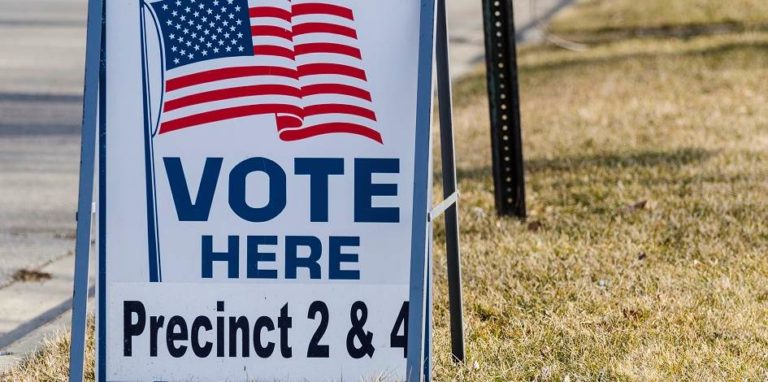
Contrary to the analyses of those “political analysts” and “election experts,” these points are fully supported by extant studies on midterm elections ( See the works of Prof. Lastly, they are also seen as an opportunity for emerging political actors to change the political narrative by advancing his/her political issue and redirecting the attention of the general public away from a future lame-duck president (or his/her party in a parliamentary government). Winning or losing the midterm elections is reflection of how well or bad the administration is performing. Also, they act as referendum for the sitting government. The winning coalition or party in a midterm election usually gets the momentum by holding enough key positions in the government needed to mobilize votes especially on election day. One, they shape the political contours and climate leading to the next general election. Midterm elections are known to have the following functions to contemporary societies. I think, this is where the blame should be given to our contemporary scholars and academics in the field of political science for keeping silent about the real purpose of midterm elections in democratic societies.

This can be explained by the nature of the election itself which can be conceptually expressed into two elements: 1.) particular - a part of the government is elected 2.) intermediate - election held in-between general elections.Īnother way of explaining this problem is the fact that many of these commentators and pundits are not really familiar of what it really means, especially for contemporary democracies. These days, commentators and pundits tend to frame midterm election as a mere extension of the political space of the sitting government - essentially sutured or perhaps even subsumed to those issues and controversies that define an existing political regime. In this regard, it is used as a way to constitute a parliament following its dissolution. In other societies (such as in parliamentary democracies like UK, Canada, India, etc.), it is an election usually held ahead of a scheduled election.

It is an election that punctuates the term of the sitting head of government. Midterm election is commonly understood as an election cycle where people elect members of the government exactly halfway of the term of the other set of elected officials.

Why should we be concerned about midterm election? What is its real function? This interest usually culminates on election day, where people are forced to monitor and make sense of the outcome of the election. The interest toward midterm elections regularly appears months and even weeks before election day. They are usually silent about midterm elections that are also taking place and how they help define the future of governments and societies across the world.Īt present, the attention and interest toward midterm elections have always been negligible, if not nonexistent. Most media analysts and election “experts” really find happiness and satisfaction in describing the fanfare and spectacle of electing presidents and creation of a powerful Cabinet in modern-day parliaments.

In most democracies these days, discussions on electoral politics are surprisingly limited to general elections.


 0 kommentar(er)
0 kommentar(er)
